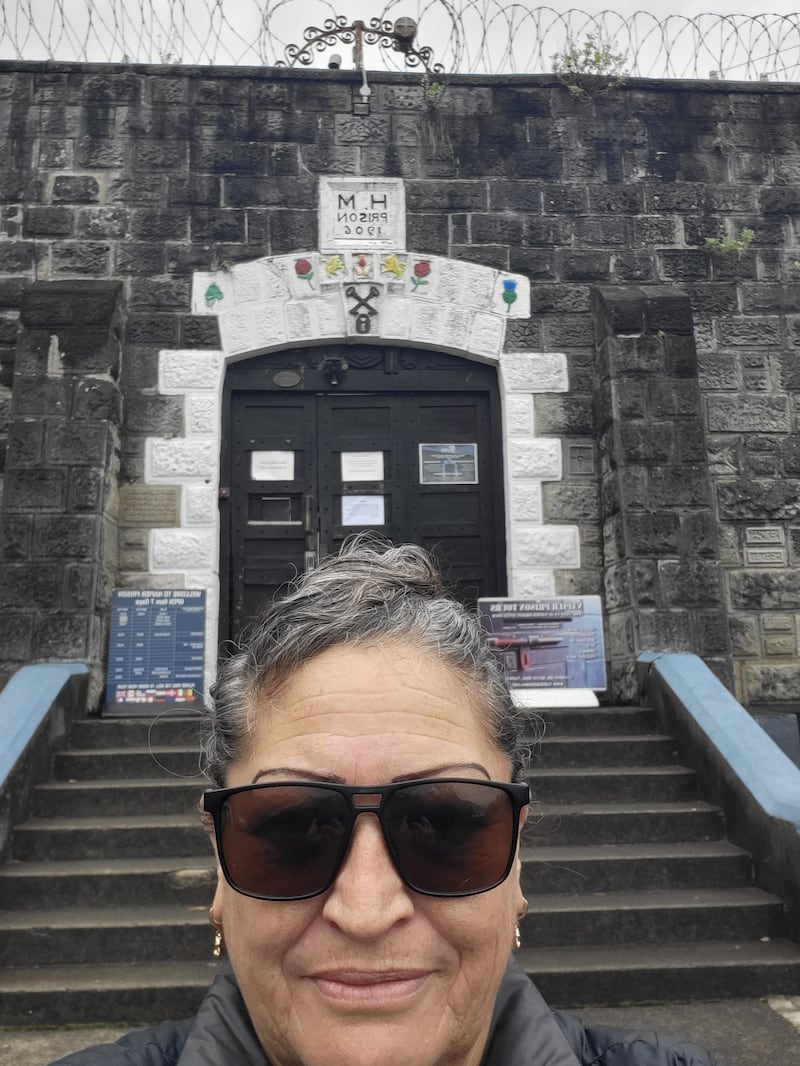In her new memoir, Inside the Wire, Rhonda Hāpi-Smith (Ngāti Kahungunu) reveals the realities of life behind bars - not only for those serving time, but for the officers who hold the line.
She admits that at the start she never wanted to be a prison officer.
“Because you change in so many ways and I really wasn’t prepared to give up my freedom. It was the greatest thing that happened to me, was to join the Department of Corrections.”
She made history as the first woman to join the elite prison Riot Squad. After her career on the inside, she reflects on a system she says is in worse shape than ever, with Māori continuing to be disproportionately affected.
Working in corrections facility is in her whakapapa. She says that her whānau share a combined 160 years of experience in the industry.
Most of her career was spent at Mangaroa Prison, one of the country’s most volatile facilities and a battleground for long-standing tensions between the Mongrel Mob and Black Power.
Hāpi-Smith admits she was a mischievous in her younger years but says working in Corrections gave her the chance to grow up and step into adulthood.
“If I hadn’t joined the force, I would’ve joined a gang.”

‘Kua kino kē atu ngā whare herehere i Aotearoa nei’
Despite her time spent in the industry, she says she hasn’t seen many improvements.
“I don’t think the prisons have got better - I think they’ve really got worse,” she adds.
“It’s gone away from what prisons [are] actually for.”
Hāpi-Smith says the system is stretched beyond its limits and shares her concerns following the opening of a new wing at the new mega-prison at Waikeria.
“They can’t even get the staff to manage these huge new prisons. [Prison] is the ambulance at the bottom of the hill.”
Ka whai hua ngā mahi apiha i ngā uara Māori
Hāpi-Smith says her cultural identity brought depth to her role.
“[Being Māori] helped. [I’m] not saying that because you’re not Māori you don’t understand - [you] can relate to them easier than if you’re a Pākehā,” she says.
“You wanted the prisoners to respect each officer for who they were.”
Māori make up only about 15% of Aotearoa’s population, but over 50% of the prison population. Hāpi-Smith believes the real solutions lie outside the wire.
“I like the thought of marae justice. I like the thought of restorative justice,” she says.
“I just hope that they realise that we prison officers around the world do want to go and do a good job.”
Inside the Wire is available now in bookstores nationwide.



